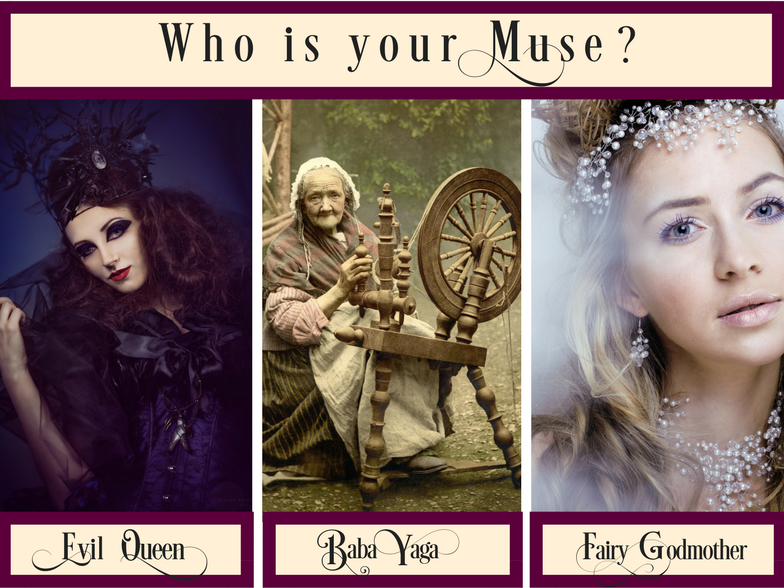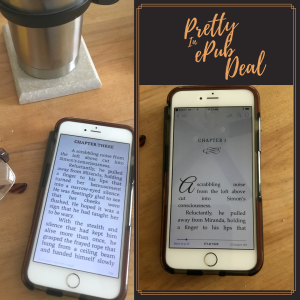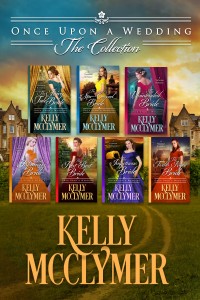Do you have a writing muse?
Ray Bradbury has been quoted as saying, “I’m not in control of my muse. My muse does all the work.”
William S. Burroughs advised, “So cheat your landlord if you can and must, but do not try to shortchange the Muse. It cannot be done. You can’t fake quality.”
I know many writers shake their heads at the fanciful idea of a muse. They are motivated by the payment they expect for the work they produce. Some prop up bills to keep themselves writing.
That’s not me. And it is not many other writers I have had the privilege to meet along the writing path.
For me, writing requires an inner stillness. A listening for things that others cannot hear. These things are not random, though they may seem so at first. When I listen carefully, the things begin to chain together and make up a story for me to tell.
I do believe I have a muse, and that she comes when I reach that point of stillness that makes me ready to write the story of all these chained things that only I can hear. I don’t know whether the muse is intuition, insight, a gift from the gods, or a goddess in her own right. I don’t care, because I love my time with my muse and I have, over the three decades I’ve been writing, tried many things to lure her to me.
Caution: Shameless Muse Hacking Confession Ahead
I have hacked my muse shamelessly over the years, by:
- creating the literal stillness necessary so that I could focus only on the insights of the story
- creating a special ritual for entering into the writing mindset (more than one ritual as they tend to stop working at the worst possible times)
- rising early, before anyone else was stirring and the house was quiet enough to hear everything
- staying up past everyone else’s bedtimes and let the dark fold me into the story
- creating a special place for the writing to happen (from a spot in the corner of our living room to staking out my favorite table at Starbucks, or the library)
- putting on headphones to block out the insistent calls of the real world that overwhelms the delicate call of story
- setting timers so that I could let go of the worries of the world for just a short time, knowing that I wouldn’t disappear entirely from the world for too long
- tying myself to a chair with my bathrobe belt so that I couldn’t get up (I had a deadline, but my muse did not care)
I have never gotten her drunk, though the more famous writers seem to have used mind-altering substances to help them call the muse. But those writers didn’t have normal family lives, or stay married to one spouse for decades, either. I’m a wife, a mom, a granny. I don’t just want to write, I want to change the world. I can’t afford the indulgence of drunk-writing with the muse. I don’t think she minds. But sometimes I wonder. If I did… What would happen?
Beware the Difference Between Hacking and Cheating Your Muse
In all my years of hacking my muse, I noticed something important only recently — my muse stops responding when I try to cheat her. Or, more properly, try to cheat the story that only I can hear. My muse allows no shortcuts or shortsheeting in the storytelling. I need to know why my characters do things, even if these things make no sense at all, or are not an important part of the story I think I’m telling.
My muse, on the other hand, doesn’t mind being hacked. In fact, I think she likes it when I begin a new ritual or try a new writing spot or technique. She tends to come quickly when I call her that way (rather than call her with the futile fishwife bleat of desperation that lacks all respect for the stillness).
Hacking has an element of respect built into it that cheating does not. And I respect my muse. She has brought me more stories than I’ll likely ever be able to tell in my lifetime. And still, I don’t know her as well as I’d like.
Recently, my muse revealed her name to me: Baba Yaga. Considering that I’m writing a huge fantasy series built around Baba Yaga and her home EverTwixt, you’d think that would have been obvious to me… oh, about ten years ago. But no. She didn’t reveal her name to me until I decided to play around with PlayBuzz and make a fun quiz for writers who might be interested in taking my “Hack Your Muse: Finish Your Novel in Eight Weeks” course.
What’s your muse’s name? Take the quiz and you just may find out.
If you really want to get to know your muse, try Meet Your Muse.





 I format my own books, using Vellum, so that I can make them look pretty. Unfortunately, all the pretty gets stripped out when I turn them into Kindle mobi files. Files in epub (
I format my own books, using Vellum, so that I can make them look pretty. Unfortunately, all the pretty gets stripped out when I turn them into Kindle mobi files. Files in epub (

